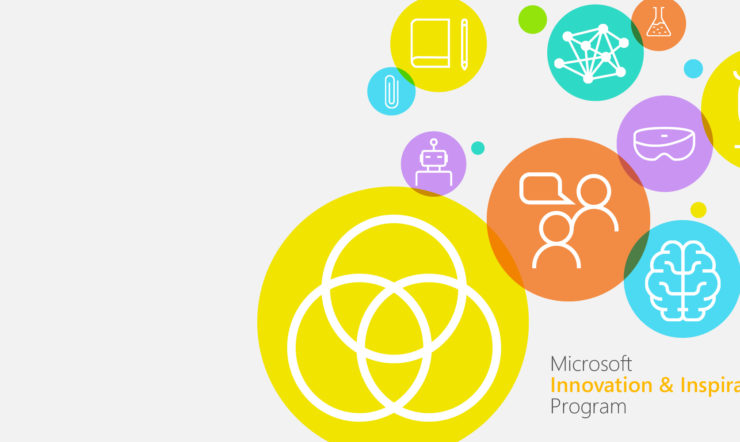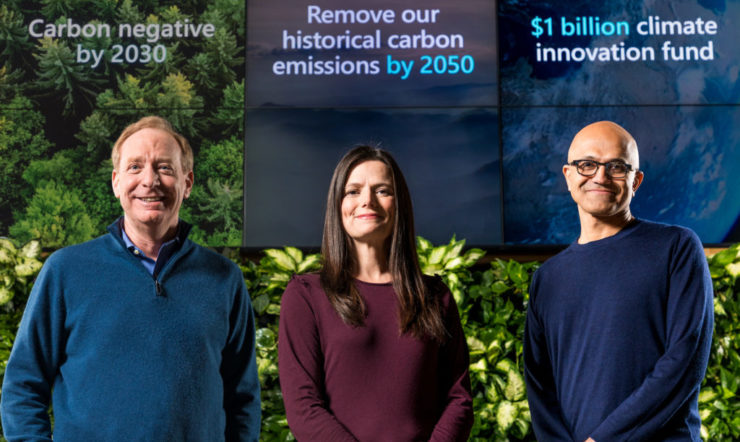The gap between supply and demand in the job market was already noticeable before COVID-19, but seems to grow even more after the pandemic. To close this skills gap, we need to take a different approach to talent recruitment and development. Specifically, we need to focus more on transferable skills and less on degrees and networking.
As I mentioned in my previous blog, Tech jobs as key to economic recovery, one of the causes of the skills gap is a shortage of digital skills in job seekers. And not just in technology and IT sectors, but for jobs in other sectors as well. Ongoing digitization results in new roles and ways of working, and requires different skills to be successful. The shortage of suitable candidates to fill current and future job vacancies is a great challenge, however, it’s not an insurmountable problem.
Transferable skills are key
In fact, we already have what we need to solve this problem. First, it’s possible to teach digital skills through upskilling. Second, a growing number of companies are developing programs to improve and increase these upskilling courses. Another avenue in closing the skills gap is making better use of transferable skills. These refer to skills that employees have already developed in previous jobs, and which are relevant and applicable in a new working environment. As of yet, the potential of transferable skills is mostly untapped and is often harder to find.
A real-life example is Ali Moumeni, a sales agent and marketeer who worked successfully in several companies. Ali was very interested in a job as a specialist with Microsoft. He didn’t meet the degree requirements, but was nevertheless very motivated to get the job. With his ongoing professional development, his broad skill set in client contact and sales, as well as his experience with building computers as a hobby, he turned out to be a very suitable candidate. After completing technical skills training, Ali now works as a specialist at Microsoft Surface.
Shifting focus from degrees to skills
With increased competition to fill in job vacancies, companies would be wise to shift their focus from degrees to transferable skills. These skills often say more about the potential value of a new employee than the university this person attended years ago. Another benefit of this shift in focus is that companies may find candidates they would otherwise have missed. To create the perfect match, all you need are professional upskilling programs to train your candidates in the (digital) skills they still shortage. Businesses are responding eagerly to transferable skills, to fill their own vacancies as well as to support the job market.
Leading role for business community
For example, Ahold and partners Randstad, RTL, and Microsoft have successfully developed the platform On Track. This free app is available for everyone who wants to learn about career possibilities and personal development, and offers tools to discover and improve digital skills. Furthermore, Microsoft actively contributes to upskilling, certification, and finding suitable work with partners like Techionista and the Azure Academy. Programs like these help people who have difficulty accessing the job market, like long-term unemployed people, people rejoining the workforce, and people with disabilities. Initiatives to support reskilling have proved successful, resulting in a valuable and more diverse workforce. For example, ABN AMRO recently hired candidates from the Azure Academy for Refugees program. They plan to do the same next year for data analysts, cloud engineers, and C# programming specialists.
Over half a million people trained in the Netherlands
In 2020 we also developed the website werkinhetvooruitzicht.nl to close the skills gap in the job market. This is a platform where people can learn specific skills and improve their career prospects. In the last six months we helped 30 million people worldwide – over 780,000 from the Netherlands – learn a broad set of (digital) skills for today’s and tomorrow’s jobs.
Paradigm shift
In order to close the gap between supply and demand in the workplace, companies need to put all their efforts in searching for talent. This also means looking for hidden talents that are already immensely valuable for their business. Furthermore, we need to be willing to invest in teaching tomorrow’s skills. This paradigm shift takes effort, money, and time. But it will also pay itself off twice over.















